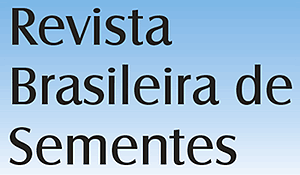Knowledge of the germinative processes of seeds with resistant coats, as have some Fabaceae species, may help in seedling production and the restoration of degraded areas. Parkia seeds have a naturally slow and irregular germination due to tegument impermeability. This study aimed to evaluate different methods of overcoming physical dormancy in Parkia multijuga, P. velutina and P. panurensis seeds. Seeds were collected at the Pedro de Moura Operations Base (BOGPM), in Coari/AM, and subjected to the following treatments: control (T0), clipping (T1), clipping followed by immersion in water for 8 hours (T2), mechanical scarification of the tegument with an electric emery (T3), mechanical scarification of the tegument with an electric emery followed by immersion in water for 8 hours (T4), needle puncture in hot water (T5), needle puncture followed by immersion in hot water for 8 hours (T6 ), sulphuric acid immersion (H2SO4) for 30 minutes (T7), sulphuric acid immersion (H2SO4) for 20 min (T8), sulphuric acid immersion (H2SO4) for 15 minutes (T9). The seeds of each treatment were submitted to germination tests to evaluate the percentage germination, average time of seedling emergence, seedling emergency speed index and synchronization rate. In general, all pre-germinative treatments on the seeds of the three species increased the percentage germination compared to the control. The mechanical scarification treatments with emery eletric on the side of the seed were more effective in overcoming the dormancy of P. panurensis and P. multijuga seeds while chemical scarification with sulphuric acid with a longer period of immersion was more effective for seeds of P. panurensis and P. velutina for both seedling emergence and normal seedling formation.
forest species; waterproof coat; Parkia multijuga; Parkia velutina; Parkia panurensis







